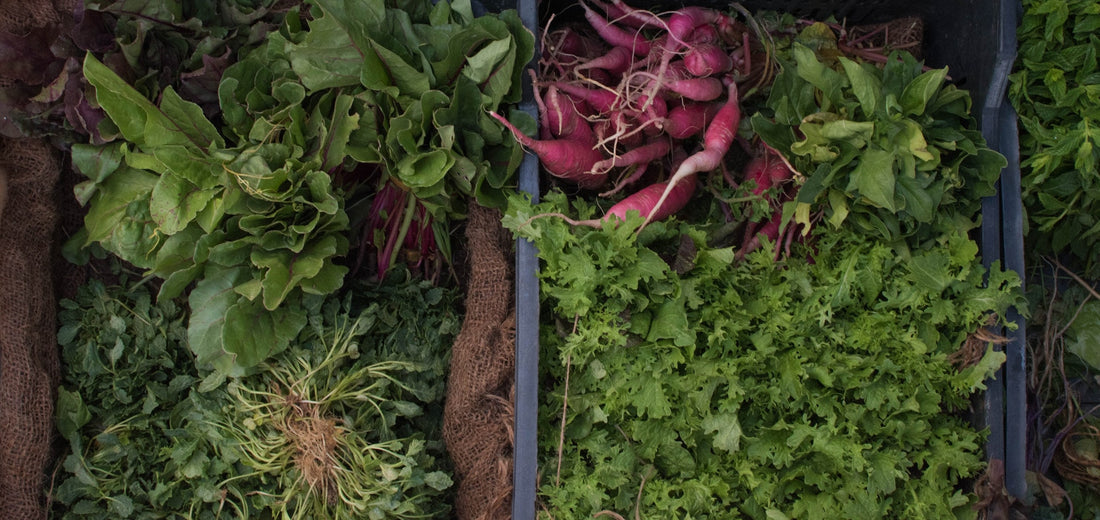Agriculture has been the cornerstone of civilization for centuries, but the industry is now facing unprecedented challenges. Modern farming practices have created vast monocultures that strain the environment, reduce biodiversity, and rely heavily on chemical inputs. The contrast between past and present agricultural methods has never been more stark, with farmers struggling to achieve the productivity levels seen in the 1960s and 70s.
The Modern Farming Dilemma
Today's farmers are grappling with a host of issues, including declining crop yields, soil compaction, and increased pest infestations. Stalked grass varieties like hemp and corn are struggling, falling flat and failing to thrive. Insects and soil compaction further compound these problems, creating a cycle of inefficiency and environmental degradation.
The expansion of industrial farming has led to larger, less diverse farms that promote practices detrimental to soil health. The overuse of synthetic fertilizers and herbicides, particularly glyphosate, not only harms the soil but also fosters the proliferation of weeds and insects. These practices strip the soil of its natural nutrients, leading to compaction and creating an environment ripe for pests and invasive species.
A Sustainable Solution: Earthfood
Amid these challenges, Earthfood offers a beacon of hope. This innovative product leverages living microbes to enhance soil health and boost crop yields sustainably. Unlike synthetic fertilizers, Earthfood nurtures the natural ecosystem, promoting a self-sustaining cycle of growth and fertility.
Easy Application and Superior Results
Earthfood is incredibly easy to apply, compatible with any irrigation system. It undergoes a meticulous filtering process, passing through both 100-micron and 140-micron meshes, ensuring it can be used even with the finest irrigation drip lines. This makes it accessible and practical for a wide range of farming situations.
The benefits of Earthfood extend far beyond convenience. By fostering a healthier soil biology, it enhances root structure, increases nutrient exchange, and boosts plant immunity. This leads to more robust, nutrient-rich crops without the need for synthetic inputs.
Earthfood supports plants in deriving nutrients from the soil and fixing atmospheric nitrogen, promoting sustainable growth and reducing dependency on chemical fertilizers.
Certified Organic and Eco-Friendly
Earthfood is certified organic by prestigious organizations such as USDA, OMRI, ECO-CERT, Southern Cross Au and Australian Organics, among others.
It is 100% natural, aligning with the principles of regenerative agriculture and offering a viable alternative to harmful conventional farming practices. By breaking down soil compaction and preventing pathogenic soil creation, Earthfood helps maintain soil health without the need for labor-intensive interventions or costly machinery.
How Earthfood Works
- Soil Testing and Consultation: The process begins with a comprehensive soil test and a discussion of the desired outcomes and requirements.
- Biological Application: Earthfood is applied four times during the growing cycle, enhancing soil biology and plant health at each stage.
- Organic Herbicide Option: For those initial instances where herbicides are necessary, Earthfood offers a 100% Organic Pine Oil Bio-Herbicide, providing an effective, glyphosate-free weed and seed terminator.
Earthfood is not a seaweed solution, which can be too salty for microbes, nor is it a high-level NPK water solution that attracts insects. It is also not a short-term nitrogen boost like worm juice. Instead, Earthfood provides a long-term, sustainable solution that supports continuous soil and plant health.
Proven Results
Third-party testing has shown remarkable results with Earthfood, including up to a 40% increase in harvests and a 70% reduction in water usage. The product enhances plant structure and resilience, leading to healthier, more productive crops.
The Future of Farming
With Earthfood, agriculture can move towards a more sustainable future. It offers a way to grow food organically, without chemicals or synthetic fertilizers, ensuring the health of the soil and the safety of the produce. By reducing dependency on harmful agricultural practices, Earthfood represents a transformative shift in the industry.
Embracing Earthfood is not just about improving yields—it's about fostering a resilient, sustainable agricultural system that benefits farmers, consumers, and the planet. This innovative solution holds the promise of revolutionizing agriculture, paving the way for a future where farming works in harmony with nature.

